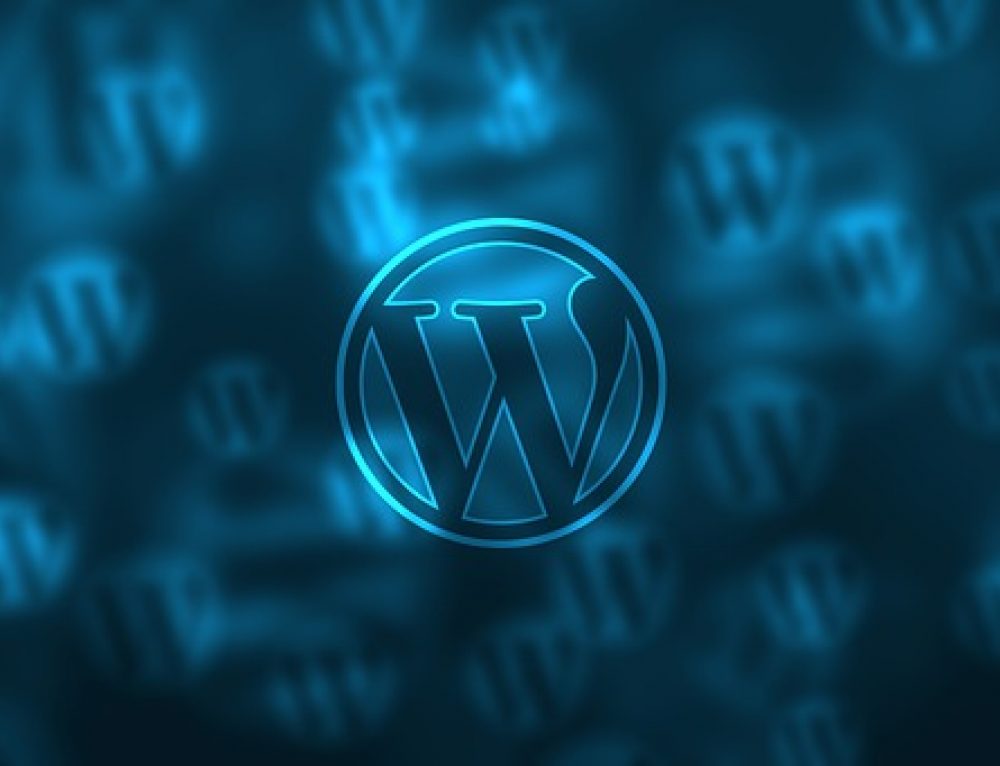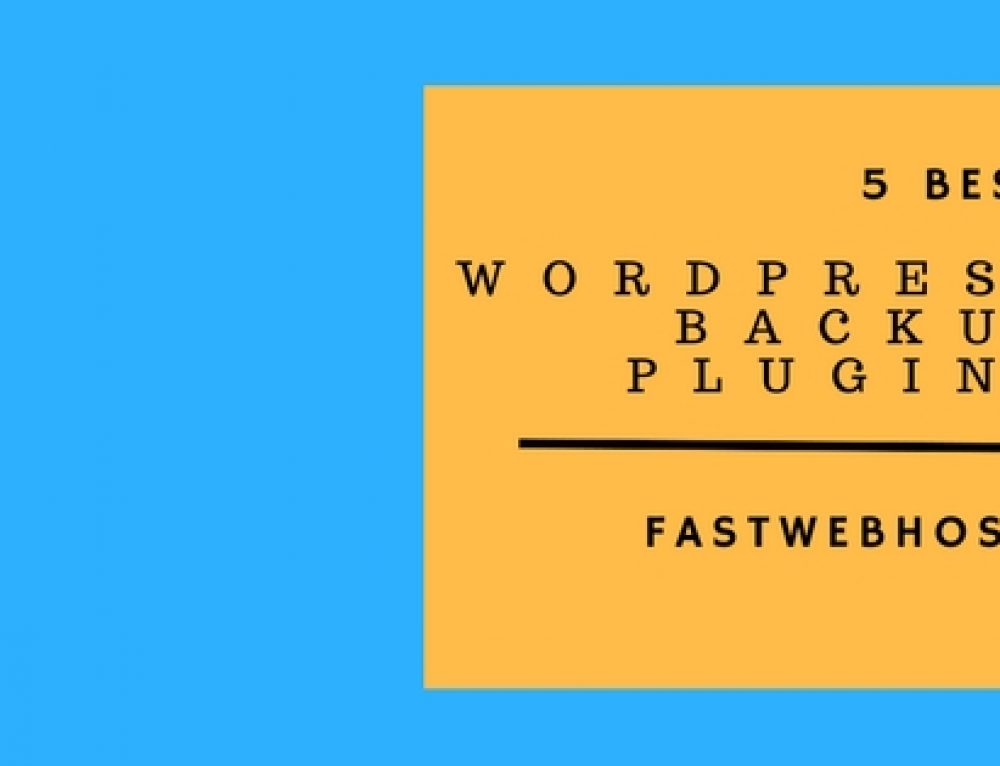![]()
WordPress is perhaps the most popular and common platform used by businesses to establish an online presence and engage their customers with information and news about their list of products and services. It is the world’s most used content management system or CMS.
As a business owner, it is important that you ensure high web loading and navigation speed for your visitors. The average visitor is said to have an attention span of 7 seconds and should your website not load quickly enough, you can easily lose potential customers and cause them to switch to a competitor. In this post, we will look at some of the methods and tips you can use for optimizing your WordPress website page speed.
Use A Quality Managed WordPress Hosting Service
The basic and most fundamental item responsible for your WP website’s speed is the hosting service you choose. Although web page speed is determined by the amount of images, plugins and videos you have, it is also determined by the quality of your web hosting service. Businesses often opt for non-WordPress specialized web hosting plans, such as shared hosting packages, which offer web hosting at an very low rates but with a tremendous loss in performance. Non-specialized generic shared hosting may cost less, but it is not so good in terms of web page speed since the hosting service, resources and bandwidth are shared by multiple users. As a result, frequent website downtime and slow loading speed are very common leaving visitors frustrated.
If you intend on using rich media such as images and video, it is a good idea to opt for a WordPress hosting plan that provides greater bandwidth, disk space, and technical support for downtime sort of like what we offer at FastWebHost.
Use a lightweight WordPress theme
WordPress has an array of themes that you can choose from to create a personalized look to your website and build a distinct online brand personality. However, be mindful of whether the theme will drag your website page speed down.
Themes that utilize heavy images and animations will use up more bandwidth and processing speed, take longer to load, and ruin a visitor’s web viewing experience. Instead, choose lightweight WordPress themes to increase website speed such as Thesis Theme Framework, which offers plenty of customization tools and good for providing good web page speed.
Compress Web Page Images
Image files are crucial for creating appealing web pages and engaging visitors, but are also the largest in terms of size that can slow down web loading and processing speed. A good way of getting round this problem is to use compressed images. This can prevent your website speed from slowing down and also add a distinct flavor to your online image. Tools, such as WP Smush.it and Tiny PNG, for instance, are particularly useful in this regard and can go a long way in grabbing customer attention without the drawback of slow web loading speed.
Optimize Web Pages
Your web pages should also be optimized for greater website speed and loading. Very often, owners make the mistake of putting out too much information, images, and videos that not only make your website look crammed, but also negatively affect SEO rankings on search engines. Keep your text and number of widgets minimal and get rid of inactive plugins. Here are some design tips we talked in our previous post.

 Phone: 1(877) 215.8104
Phone: 1(877) 215.8104 Login
Login


Leave a Reply